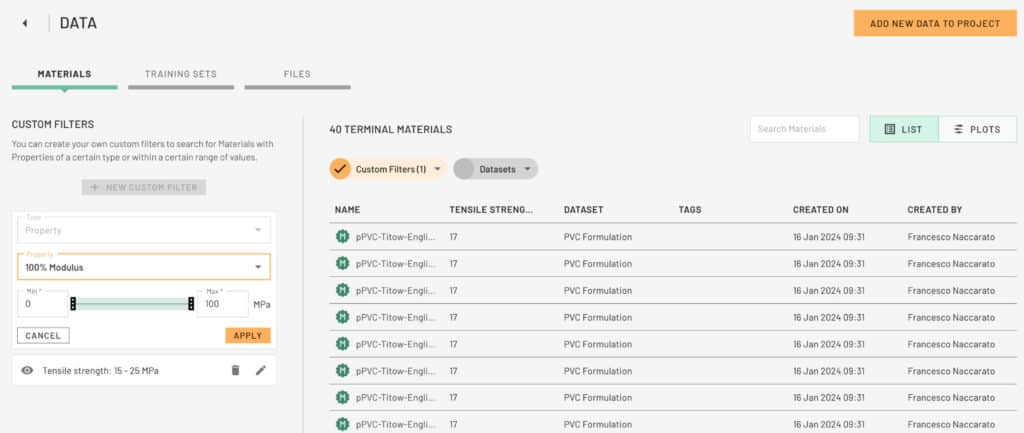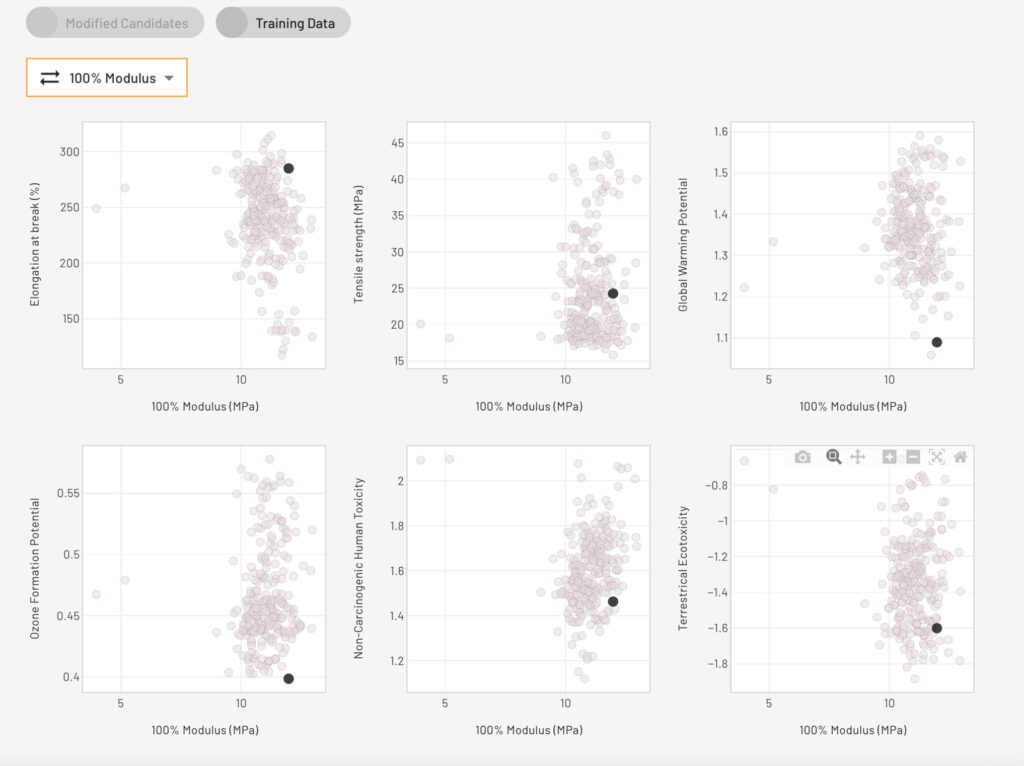Author: Sean Cannon
Polymers play a crucial role in a wide range of modern applications, from automotive and aerospace to electronics and packaging. As the demand for high-performance polymer products continues to rise, producers are constantly looking for ways to improve efficiency and responsiveness to customer needs. In a world that only continues to speed up, the ability to listen, react, and quickly adapt to these needs is vital to maintaining competitive advantage.
Typically, a request from a customer might emerge, and then must go through a needs assessment. Technical services might then examine existing products across the catalog to identify which may be a fit, with some potential modification. After that, these proposals need to be verified in the lab to see what a custom solution may look like, and if any further iterations are required. When this is successful, it is then brought back to the customer to try and win the business.
The problem becomes that this can take days to weeks to do, potentially losing out on the opportunity.
With AI driving a more efficient process, these weeks can turn into minutes. For example, with the Citrine Platform, product experts can quickly identify which existing products would match the technical requirements most closely, and then predict which modifications to those products would achieve what they are looking for. Importantly, the platform provides estimations of the likelihood of hitting target properties, so that companies can have sophisticated discussions with their customers around the trade-off between speed of delivery and the target performance properties.
Customer Example
A global leader in specialty chemicals used the Citrine Platform to fill gaps in their data and create an AI-driven formulation design workflow. This digital transformation strategy has enabled them to dynamically respond to customer requirements in less time.
Learn more in our case study.
In the old workflow, it took a chemist a few months to come up with a starter formulation. With the [Citrine] platform, they can get a starter formulation on day 1.
— R&D Technical Director, Major Specialty Chemical Company

They can visually compare these suggested candidates to see which will (1) meet the needs of the customer and (2) optimize for internal business considerations such as cost factors and processing capabilities. This leads to an RFP process that creates opportunities for new business and reduced costs simultaneously.

Customers are only increasing the speed of their own operations and the needs that arise with that. Those that are able to act with urgency, and leverage the right tools, will capture new opportunities and maintain or gain leadership within the market.
Want to learn more about the Citrine Platform and how it can help your team? Contact us for a demo today!